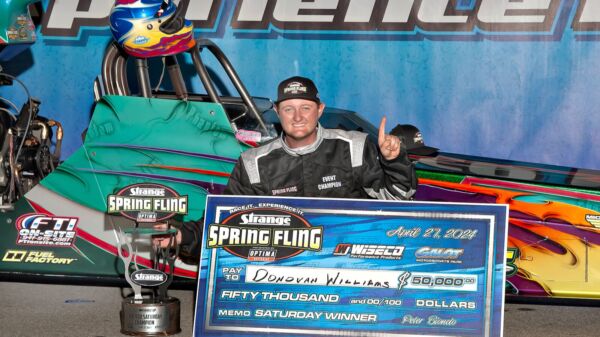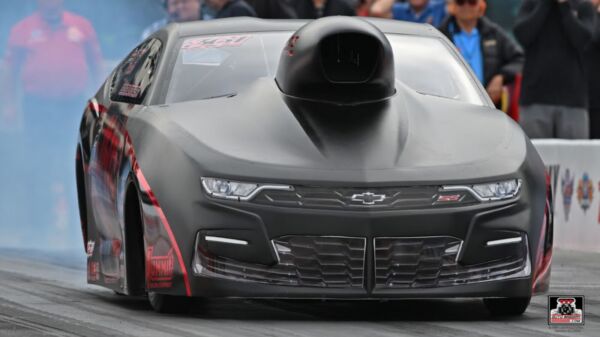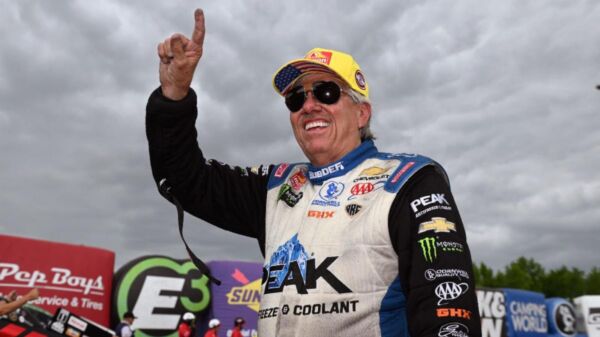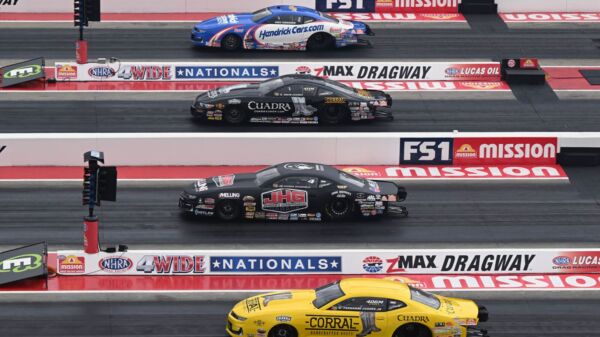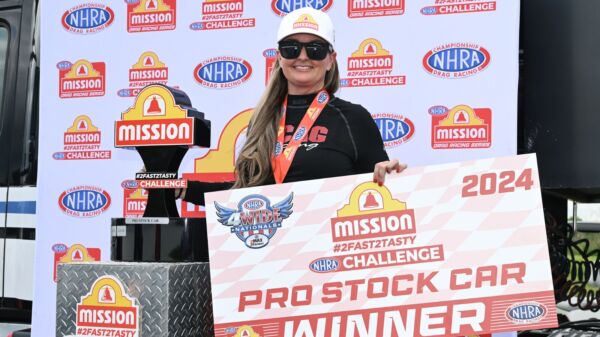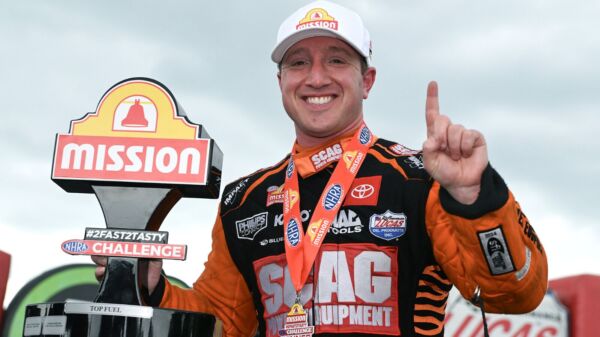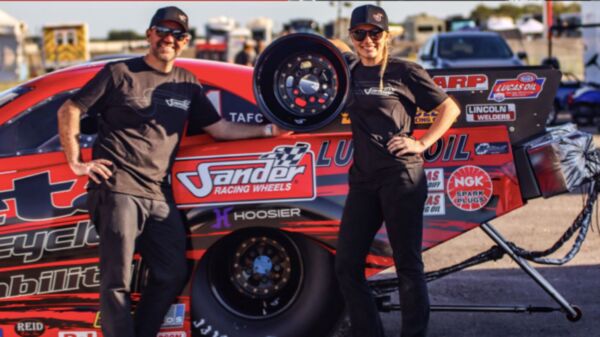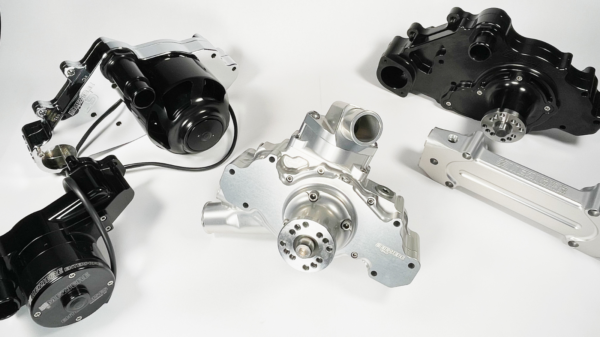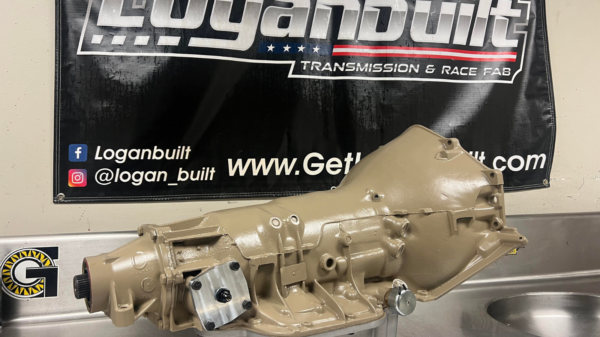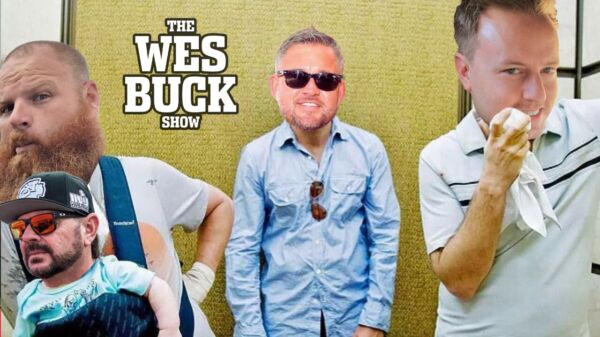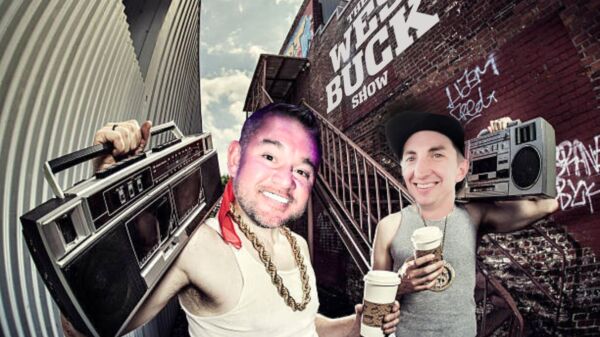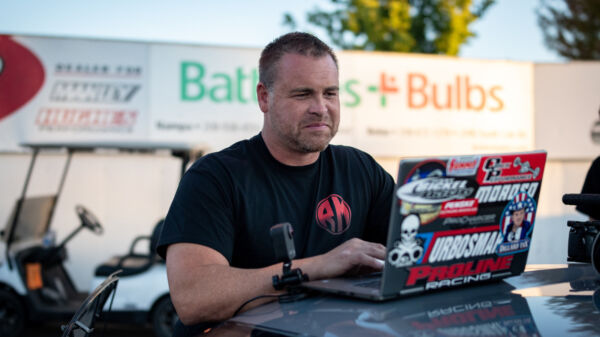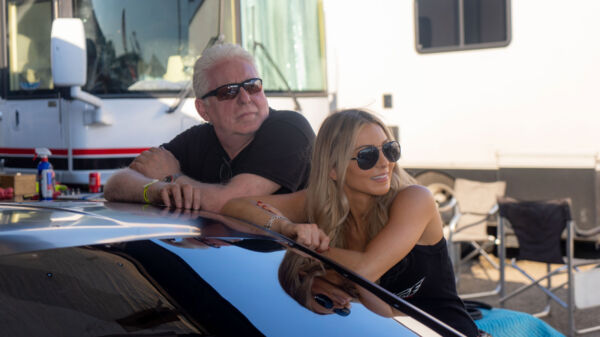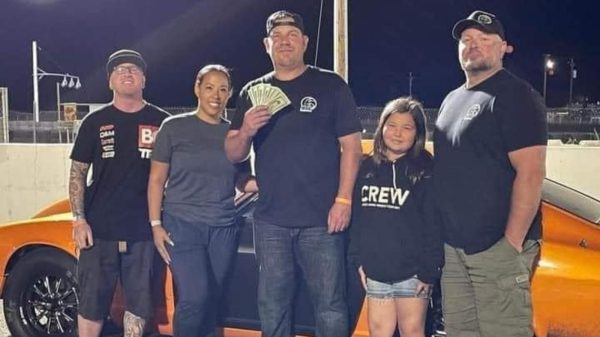Goodlettsville, Tennessee, has several claims to fame, not the least of which is the fact that this small town just north of Nashville is home to the corporate headquarters of a company that probably every person reading this column has been to at least once: Dollar General. Yep, the familiar discount chain that seems to be planted on every corner of America built its corporate headquarters in Goodlettsville in 2000, the same year DG crossed the 4-billion-dollar threshold!
[Editor’s Note: This story originally appeared in DI #185, the 30 Under 30 Issue, in Nov/Dec of 2023.]
Take a short drive through the country, and you’ll arrive at Goodlettsville’s other claim to fame, and the subject of this month’s column: Music City Raceway. When I tell you that this track has been on my radar for quite a while, it’s honestly astonishing just how long it’s taken me to work out a travel plan to visit this, my 164th track…located in a state that borders my own! Its construction dates back to 1958 (the same year Goodlettsville incorporated as a city) and is among the oldest still-active dragstrips in the Volunteer State.
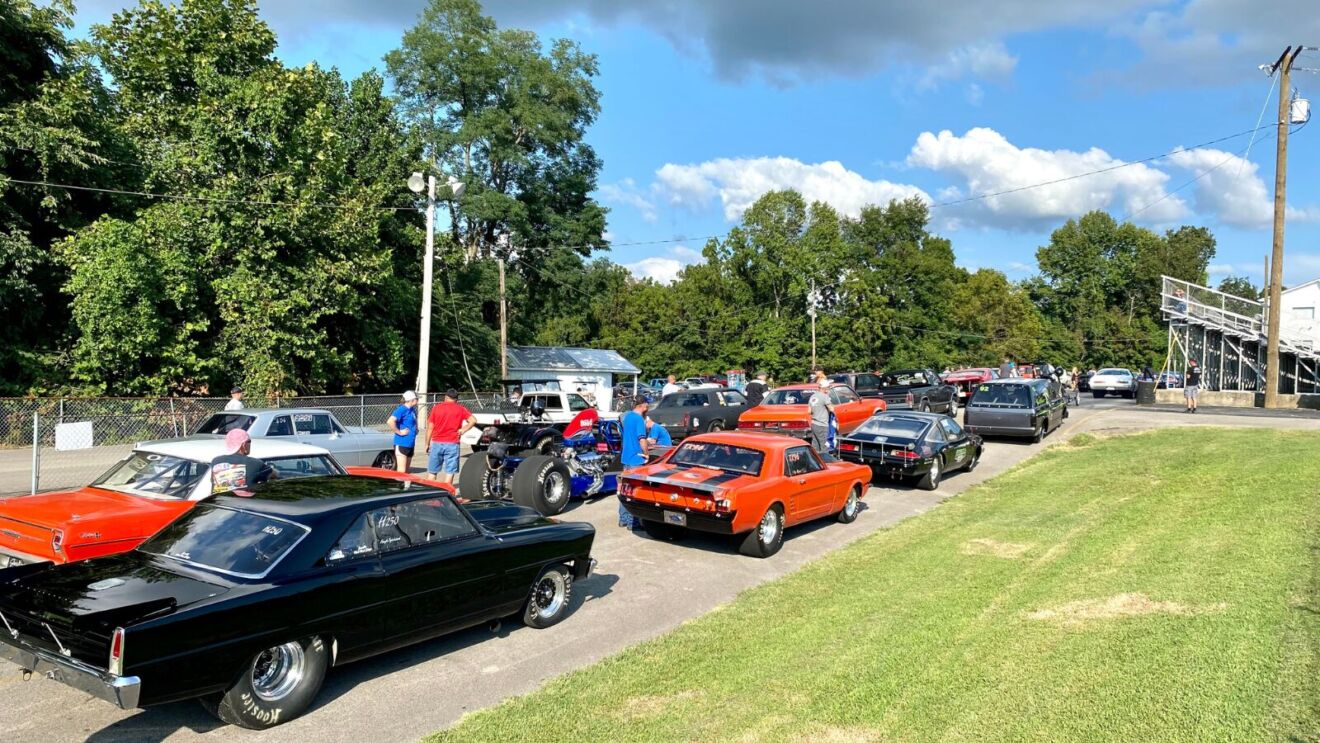
Whenever I want to learn more about the history of a track I’ve just visited, placing a call to drag racing historian Bret Kepner is always a great resource. Kepner is a human data machine, and he stores information in a time capsule known as TerraTracks Global Authority, a processing center of drag racing information that he founded decades ago.
Through Kepner’s research, I learned that Music City Raceway lived through five name changes and four different operators over the course of its first 35 years. Not surprisingly, it opened as a quarter-mile strip of dirt in rural Tennessee and was first known as Union Hill Drag Strip. As the track shuffled through operators, it was also called Union Hill International Dragway, Music City Dragway, Music City International Raceway, and finally, Music City Raceway.
Three years after it opened they were already dabbling in eighth-mile racing before switching to 990 feet for a few seasons. The year 1961 ushered in the modern era with clocks and a new asphalt racing surface. That same year, Connie Kalitta was the first booked-in racer to visit Music City, and every major name in the sport followed in the years to come. The track was also among the last to host weekly class-legal NHRA Stock and Super Stock events that attracted virtually every nationally-ranked driver in those classes on a regular basis.
Oh yeah, you might also be interested to know the track was once famous for its giant swimming pool! According to Kepner, it was shaped in an L formation, measuring 100 by 40 by 77 feet.
Bret ranked this tidbit of info among the most unusual track facts, and so do I, but to me the most interesting tale of all was when Kepner told the story of how he himself was once banned from the track by legendary operator Dallas Jones after Bret showed up with a Chevy Lumina rental car and obliterated the competition in a 32-car class mainly comprised of Super Gas entries! Kepner has famously entered rental cars in bracket races all over the country, and he’s collected many trophies in the process, but unfortunately, his rental car antics struck a sour chord at Music City!
So, as time marches on, the swimming pool is long gone, and Bret hasn’t been back to disrupt their program with a rental, but nevertheless, the track that celebrated 65 years this season is still making a splash in this rural Tennessee town. Rick and Charlotte Gonzalez now manage this fabled facility, along with Nina Bishop, who is described as their left and right arm. “Rick and Charlotte are my ‘other’ parents!” Nina insists.
Bishop, who grew up at the track from the time she was seven years old, embraces the rich history of Music City. She loves sharing the tales about the intertwining of families who make this place great. Some of her greatest joy, she says, comes from watching kids begin their careers in Jr. Dragsters, age out, and then move up to big cars and continue their pursuits. Nina was also instrumental in bringing back a race that she cherishes: The Southern Survival Revival, which happens twice yearly and pays great money over the course of three days.
Music City is also known for its laid-back Tuesday night drags. “I encourage people to come out and experience Tuesday nights because it’s such a great learning opportunity when you’re just getting started,” says Nina.
All different levels of racers enjoy this track, from those who are pulling through the gate on a Tuesday night, to celebrated world champions, along with those who are aspiring to be. At the end of the day, it’s the family atmosphere that makes this place what it is. “We stick together through good times and bad, but believe me, we have far more good times!” smiles Bishop.
It’s always thrilling to learn more about the legendary facilities that helped shape the sport we love, and I’m looking forward to visiting many more.
This story was originally published on December 15, 2023. 
